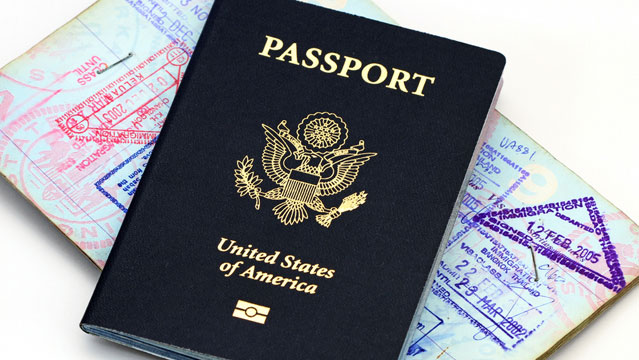The Internal Revenue Service (IRS) is finalizing plans that will allow the federal government to revoke, deny, or limit a U.S. citizen’s passport if they owe more than $50,000 in “seriously delinquent tax debt. ”
Lawmakers are in the final stages of negotiation over a bill to provide funding for U.S. highways and transit programs. One provision in that bill would let the federal government revoke, deny or limit a U.S. citizen’s passport.
The $50,000 threshold includes any penalties and interest owed by the U.S. taxpayer.
It would only apply to those people whom the IRS has filed a lien or levy against and who have not yet worked out a repayment plan to satisfy the debt.
Exceptions will be made for person’s who are actively disputing their case or who needs to travel for emergency or humanitarian purposes.
The provision is expected to pass next week and go into effect on January 1, 2016.
Collecting on past-due tax payments in this manner is expected to raise nearly $400 million over the next decade.
The law is expected to most drastically affect more than 8 million Americans who live abroad and rely on their passports for travel.
Those individuals could be reported through the relatively new Foreign Account Tax Compliance Act (FATCA) — which requires other countries’ financial institutions to report back to the IRS on accounts held by U.S. taxpayers.

